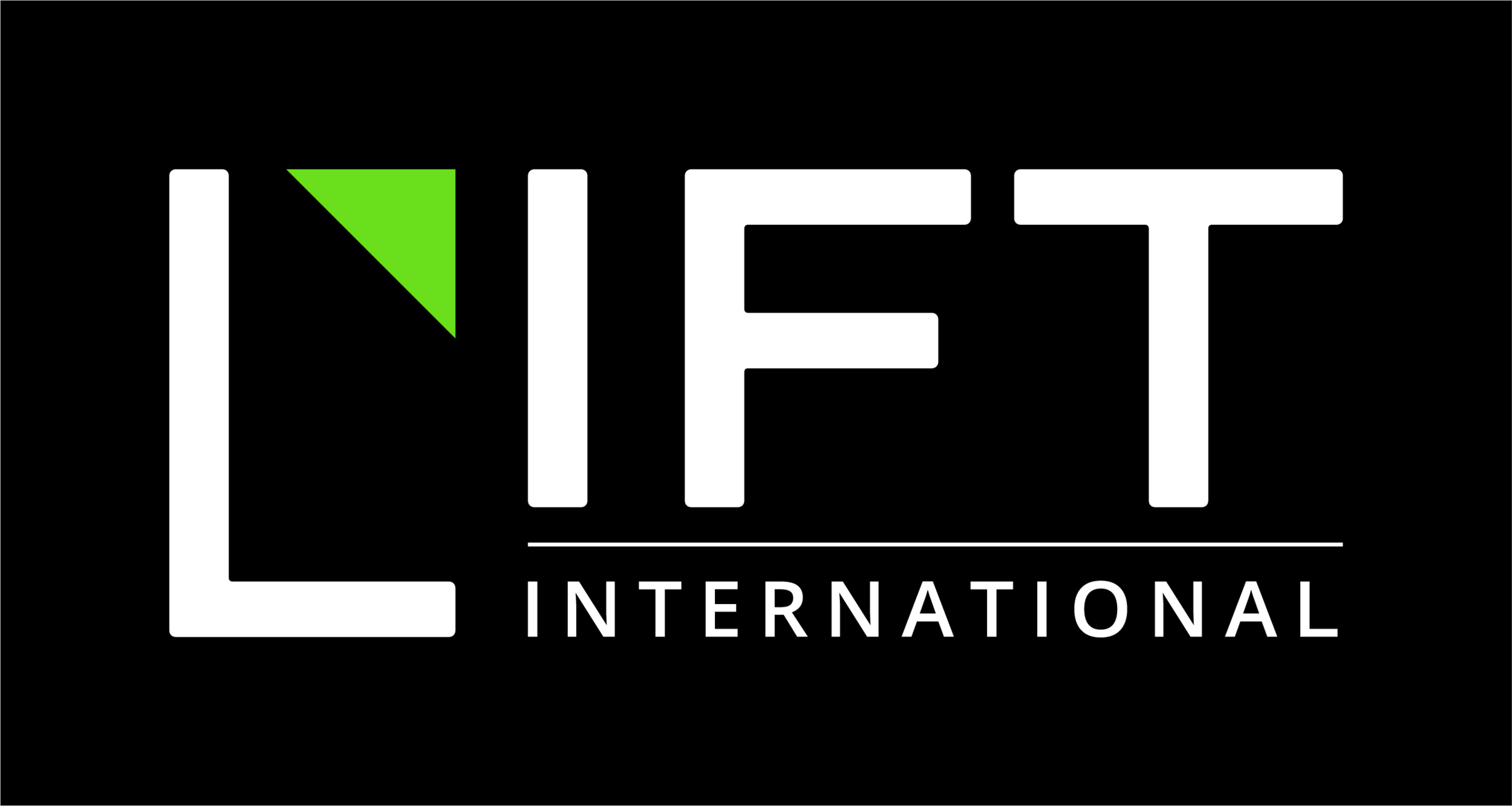Boys Don't Cry
a mindset that prevents victims of online sexual exploitation from seeking help.
The following story was written by LIFT Social Worker, Janejinda Pawadee, regarding a case that involved an online predator and a victim who was brave enough to speak up.
—
“I don’t have any damage”.... a boy replied to a Facebook message sent from an account created by LIFT social workers to connect with victims of online sexual exploitation.
Prior to the reply, I had sent a general message to 20 victims who had been identified by LIFT analysts. I let them know that their online abuser had been arrested, and offered them any assistance they might need. Of the 20, only two responded. One 17 year old victim initially said he didn’t want to do anything, but later asked several questions regarding the legal procedure and how to make a compensation claim. He wanted to talk to the police and give a statement. Three years ago, he was forced to send video clips against his will and was exploited. If these video clips were sold, then he is a victim of human trafficking.
Another 17 year old boy tried to cut off the conversation, saying that he is fine and doesn’t want to do anything. He said he doesn’t have any damage, but he wasn't aware that he was a victim of online sexual exploitation. He sent 12 sexually explicit video clips via social media to the abuser, who then exploited the videos to cause further harm. The victim’s mindset of thinking sexual exploitation of males does not cause damage is dangerous.
It’s dangerous because male victims of sexual exploitation hide and do not seek help because they are taught that “Boys Don’t Cry”. Gender teaching in families, schools and communities emphasize that boys shouldn’t show their weaknesses or voice their problems. Society sets a norm for gender roles that seems acceptable, and are practiced in many cultures. The mindset “Boys Don’t Cry” causes male victims to not dare tell the truth of any sexual abuse or exploitation that happens to them. When exploitation happens, they do not know how to overcome it or how to seek help. Many victims of online sexual exploitation often fight depression and consider suicide due to the disturbing extent of the abuse.
Thailand’s Department of Mental Health, the Ministry of Public Health reported in 2019 that suicide rate was 11.10 % in males, compared with 2.35 % in females per 100,000 population.
“I don’t have any damage” is an example that shows how gender role teaching influences males’ lives. When some young boys face problems they choose to keep quiet because they are taught boys or men shouldn’t cry. Online sexual exploitation damages many people’s lives, including the boy who tried to hide his trauma and tried to tell everyone that, “I don’t have any damage”.
This case began when my LIFT colleague and fellow social worker, Chu, provided counseling to a 16 year old boy who had attempted suicide because of severe depression due to sexual exploitation, online grooming, sexting, sextortion, and cyberbullying. Chu also worked with the victim’s parents to gain understanding and give emotional support to the victim. Our team at LIFT International worked with local law enforcement to investigate, arrest, and prosecute one male offender. This victim allowed himself to cry, giving himself permission to reject the teaching that “Boys Don’t Cry” and speak up about his suffering. Then, he was able to seek help and walk to freedom from online sexual exploitation. Because of his bravery in breaking the stereotype, he also helped to free other young victims from continuing to be exploited by the same abuser.
Janejinda Pawadee, LIFT Social Worker
Jane is a registered social worker with a wealth of experience working in the area of human trafficking and exploitation in Thailand. Jane has a BA in Philosophy and Religion from Payap University and a Law Degree from Chiang Mai University. In her role with LIFT International, Jane develops relationships with numerous aftercare providers including various government shelters. Jane also attends rescue operations with police in order to promote a human rights based approach, including interviewing rescued survivors and enhancing their care.


